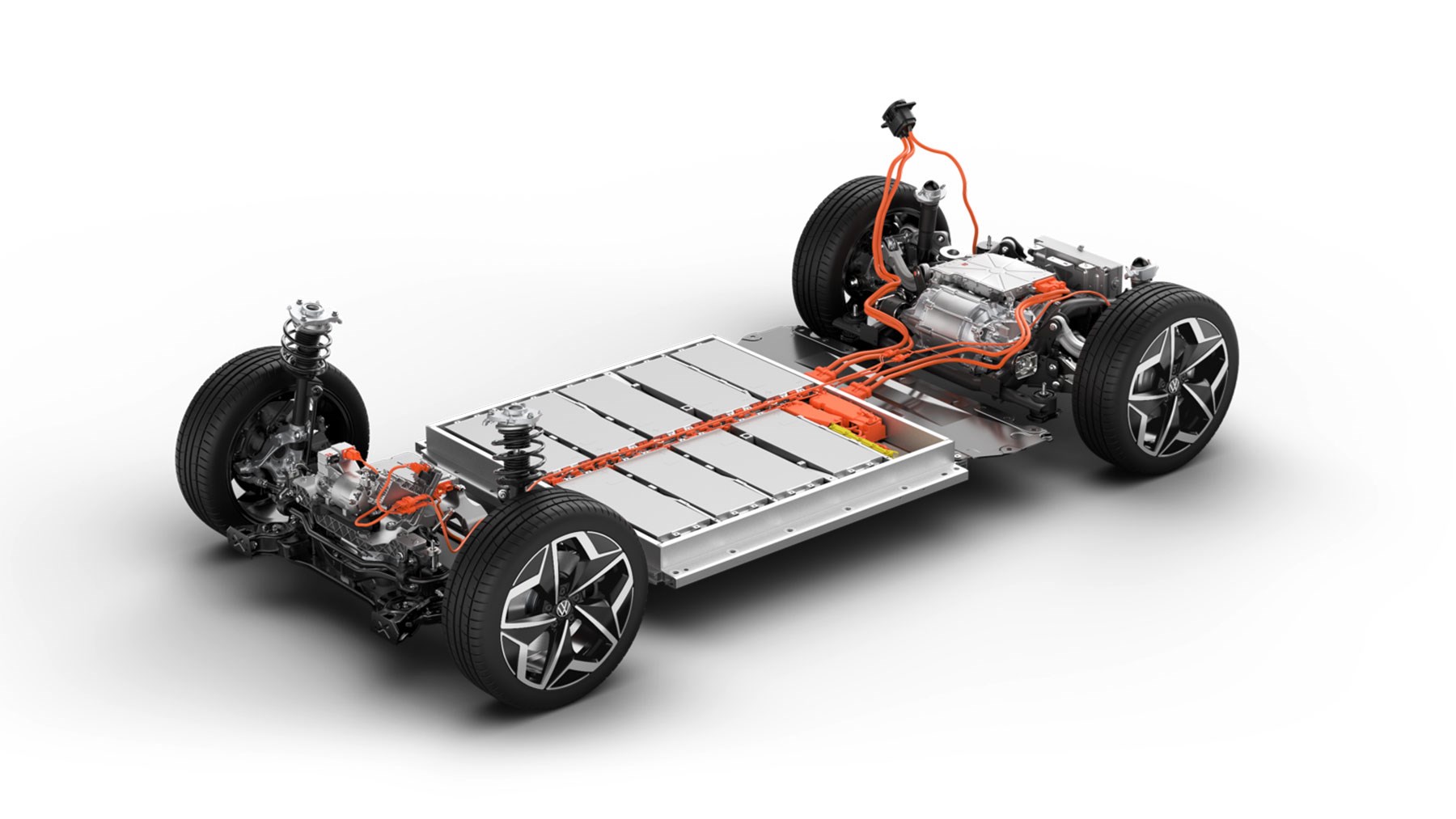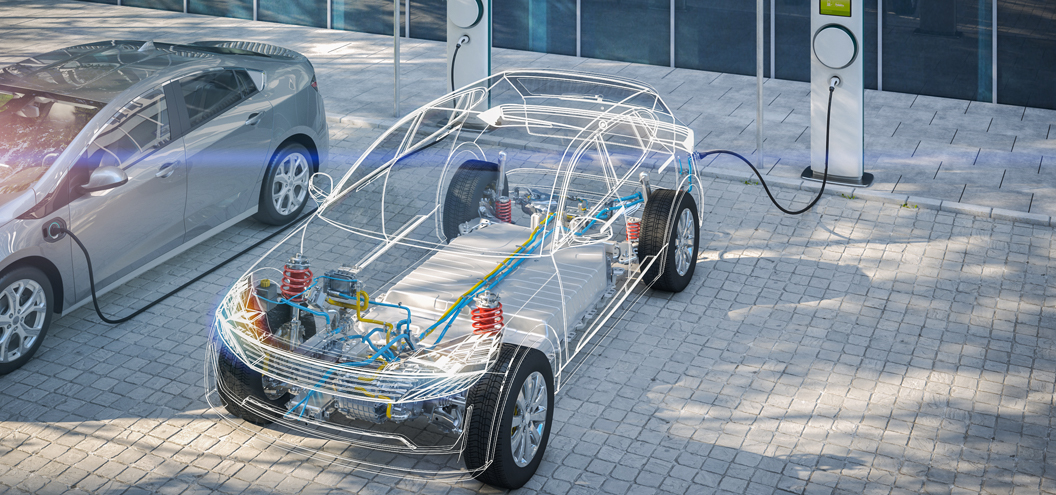This is indeed a silly question. Any battery on the market today will eventually degrade. In the case of a lithium-ion battery, the constant process of charging and discharging causes it to lose its original capacity over time.
A specific example is the battery in your old laptop. If you charge too many cycles, the battery will no longer be able to store power as it did in the factory, and the only way to keep it working is to have it plugged in regularly. Depending on the device, this usually happens after 2-4 years of use.
So what about electric cars? Do electric car batteries have an average lifespan?
Analyze data from older EV models

The EV market has longtime veterans, like the Nissan Leaf and Tesla, that have so far performed well and defied all doubts.
A survey conducted in 2020 by the consumer review magazine Which? shows that EV batteries don’t degrade as quickly as we feared.
According to the results obtained from 1,016 EV users surveyed, EVs that have been operating for about 3 years have a slight decrease in battery capacity of 2% compared to when they were shipped. Meanwhile, the battery of 6-year-old EVs also only reduces up to 8%.
That is, after 3 years of operation, an EV with a range of 395km can still run 390km if fully charged (5km reduction), and after 6 years, this figure remains 363.5km (ie 31.5km reduction). )
Don’t forget that current EV battery technology is still very young, only a few years old!
What does the experts say
With state-of-the-art battery technology, the US National Renewable Energy Laboratory estimates EV batteries can operate for 12-15 years in typical climates.
Similarly, JB Straubel, co-founder and former CTO of Tesla, says that EV batteries last for 15 years. “This is a subjective estimate depending on what people intend for their car, but I think in most cases the battery will do just fine for 15 years. I think battery life will be about the same age. vehicle life”
In a similar vein, Britishvolt’s chief strategy officer, Isobel Sheldon, says that EV batteries have a lifespan of about 12 years.
Car companies are choosing a cautious direction

One indication of EV battery life is the length of the manufacturer’s warranty. Warranty policies are usually based on the length of time, or the number of kilometers traveled, and ensure that your car battery will maintain 70% of its original capacity until the warranty expires.
Companies like Tesla, BMW, Nissan, and Volkswagen offer warranties of up to 8 years or 160,000km – whichever comes first.
Kia has a limited warranty period of only 7 years, while Hyundai is more spacious, up to 200,000km. VinFast, a fledgling electric vehicle company, even raised the vehicle warranty limit to 10 years, in which the rechargeable battery part when the reception capacity is below 70% (battery bottle) will be completely replaced.
Note
To get a definite answer, we’ll have to wait until EVs become more widely available, and long enough for their batteries… to degrade – possibly within the next decade.
However, data collected from older EV models and information provided by manufacturers shows that the average battery life of an EV is 10 years, which is roughly equivalent to the average life cycle of the vehicle itself. car.
Therefore, there is a chance that your car will fail before even the battery has a problem. And unless you intend to drive your EV until it becomes an antique, don’t worry too much about the battery!
Reference: TheNextWeb
Portrait of the ‘electric vehicle battery king’ that both Elon Musk and Tim Cook have to ask: Doctor creates a battery with a lifespan of 16 years, running 2 million km
